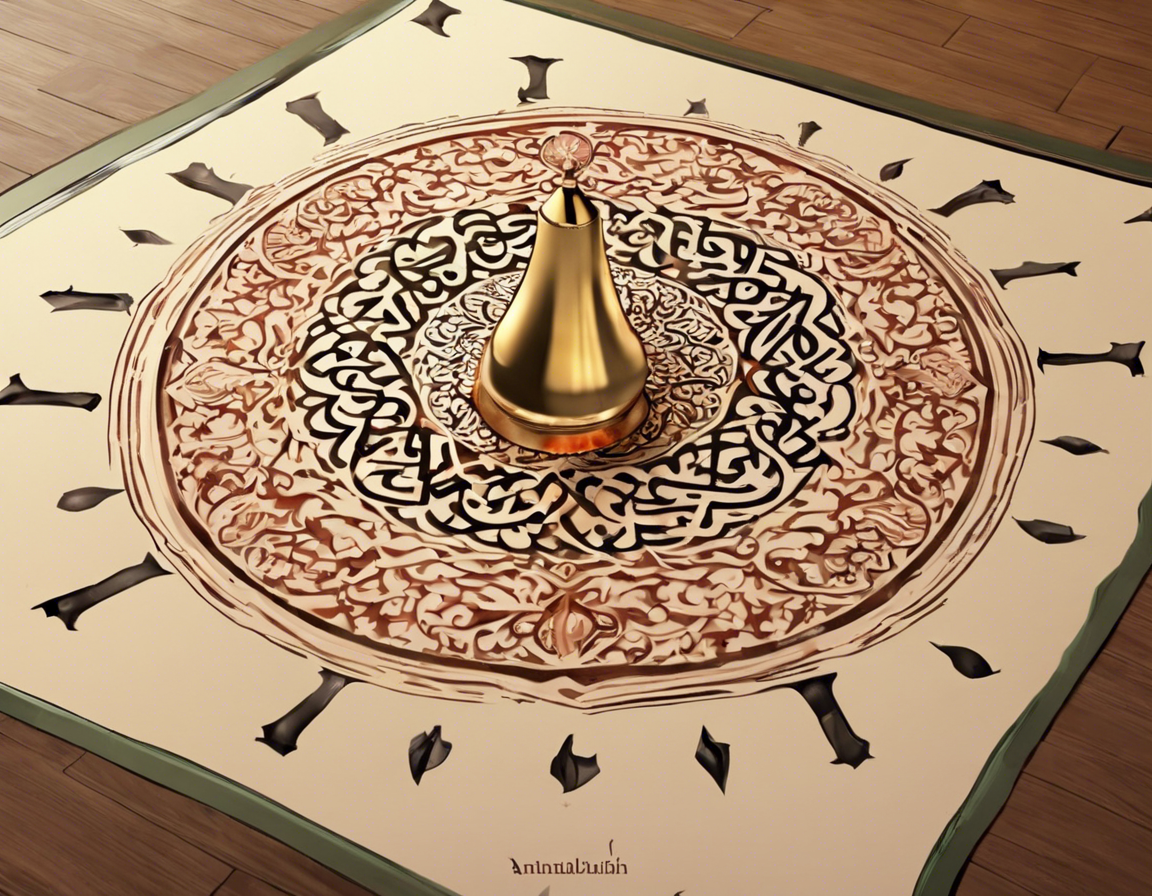Understanding Alhamdulillah Meaning in Hindi
Introduction:
In the world of Islamic culture and practice, certain phrases hold significant meaning and importance. One such phrase is “Alhamdulillah.” Originating from Arabic, this term is commonly used by Muslims worldwide to express gratitude and praise to Allah, the Almighty. In this article, we will delve deeper into the essence and significance of “Alhamdulillah” and explore its meaning in Hindi, shedding light on its various nuances and applications in everyday life.
Meaning of Alhamdulillah:
Derived from Arabic, “Alhamdulillah” can be broken down into two parts: “Alhamd” and “Allah.” “Alhamd” translates to “praise” or “thanks,” and “Allah” refers to God or the Supreme Being in the Islamic faith. Therefore, when combined, “Alhamdulillah” conveys the sentiment of “praise be to Allah” or “thanks to God.” It is a phrase used to express gratitude, contentment, and acknowledgment of Allah’s benevolence and blessings.
Significance of Alhamdulillah:
-
Gratitude: At its core, “Alhamdulillah” emphasizes the importance of gratitude in Islam. Muslims are encouraged to be thankful for all the blessings they receive, whether big or small, as they are seen as gifts from Allah.
-
Contentment: By saying “Alhamdulillah,” individuals acknowledge that everything that happens is by the will of Allah, instilling a sense of contentment and acceptance of His decree.
-
Humbling oneself: Utilizing “Alhamdulillah” humbles a person, reminding them that their achievements and successes are ultimately due to the grace and mercy of Allah.
Usage of Alhamdulillah in Hindi:
When it comes to understanding the meaning of “Alhamdulillah” in Hindi, the phrase remains relatively consistent with its Arabic counterpart. In Hindi-speaking Muslim communities, individuals often use “Alhamdulillah” to express gratitude, offer praise, or show appreciation for blessings received.
The Power of Alhamdulillah:
The strength of “Alhamdulillah” lies in its ability to shift one’s perspective and mindset towards a more positive and grateful outlook. By uttering this phrase, individuals not only express thanks but also cultivate a sense of mindfulness and connection to their faith. In times of joy, saying “Alhamdulillah” serves as a humble acknowledgment of Allah’s mercy, while in times of difficulty, it acts as a reminder to remain patient and trust in His divine plan.
Benefits of Incorporating Alhamdulillah into Daily Life:
-
Increased Gratitude: Regularly saying “Alhamdulillah” encourages a mindset of gratitude, leading to increased appreciation for life’s blessings.
-
Strengthened Faith: By actively praising and thanking Allah through “Alhamdulillah,” individuals strengthen their faith and connection to their religious beliefs.
-
Emotional Resilience: The practice of saying “Alhamdulillah” fosters emotional resilience by promoting acceptance and trust in Allah’s wisdom.
FAQs about Alhamdulillah:
1. What is the difference between “Alhamdulillah” and “Shukr”?
– While both phrases convey gratitude, “Alhamdulillah” is a more general expression of thanks to Allah, whereas “Shukr” specifically refers to gratitude towards Him.
2. Can “Alhamdulillah” be used in non-Islamic contexts?
– While its origins are Islamic, “Alhamdulillah” has transcended religious boundaries and is often used by individuals of various faiths to express gratitude.
3. How does saying “Alhamdulillah” impact one’s mental well-being?
– Uttering “Alhamdulillah” can have a positive effect on mental health by promoting a grateful mindset and reducing stress through a focus on blessings.
4. Is there a recommended frequency for saying “Alhamdulillah”?
– There is no prescribed frequency for saying “Alhamdulillah,” as it can be uttered as often as one feels grateful or blessed.
5. Can “Alhamdulillah” be said silently or does it have to be vocalized?
– While vocalizing “Alhamdulillah” is common, it can also be said silently in one’s heart or mind as a form of internal gratitude.
Conclusion:
In conclusion, “Alhamdulillah” holds a special place in the hearts of Muslims, serving as a beacon of gratitude, praise, and humility. Its meaning in Hindi, much like in Arabic, encapsulates the essence of gratitude towards Allah for His countless blessings. By incorporating “Alhamdulillah” into daily life, individuals can cultivate a spirit of thankfulness, strengthen their faith, and find solace in the belief that all things come from Allah. May the phrase “Alhamdulillah” continue to resonate as a reminder of the power of gratitude and the beauty of acknowledging God’s grace in all aspects of life.
